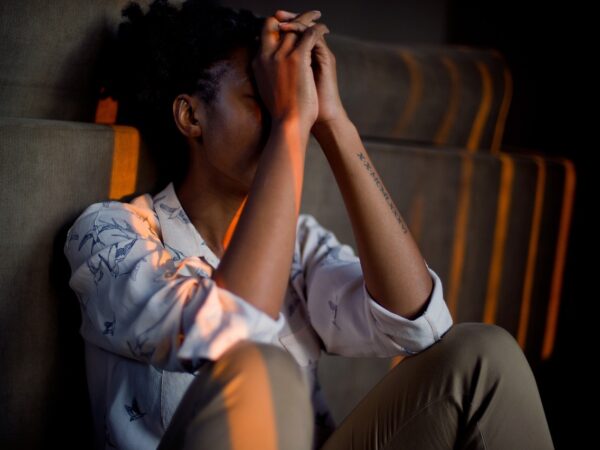Bipolar Disorder Symptoms:
People with bipolar disorder experience unusually intense emotional states that occur in distinct periods called “mood episodes.” An overly joyful or overexcited state is called a manic episode, and an extremely sad or hopeless state is called a depressive episode. Sometimes, a mood episode includes symptoms of both mania and depression. This is called a mixed state. People with bipolar disorder also may be explosive and irritable during a mood episode.
Extreme changes in energy, activity, sleep and behavior go along with these changes in mood. It is possible for someone with bipolar disorder to experience a long-lasting period of unstable moods rather than discrete episodes of depression or mania.
A person may be having an episode of bipolar disorder if he or she has a number of manic or depressive symptoms for most of the day, nearly every day, for at least one or two weeks. Sometimes symptoms are so severe that the person cannot function normally at work, school, or home.
Symptoms of the bipolar affective disorder are described below:
Symptoms of mania or a manic episode include
Mood Changes:
A long period of feeling “high,” or an overly happy or outgoing mood. Extremely irritable mood, agitation, feeling “jumpy” or “wired.
Behavioral Changes:
Talking very fast, jumping from one idea to another, having racing thoughts
Being easily distracted
Increasing goal-directed activities, such as taking on new projects
Being restless
Sleeping little
Having an unrealistic belief in one’s abilities
Behaving impulsively and taking part in a lot of pleasurable,
high-risk behaviors, such as spending sprees, impulsive sex, and impulsive business investments

